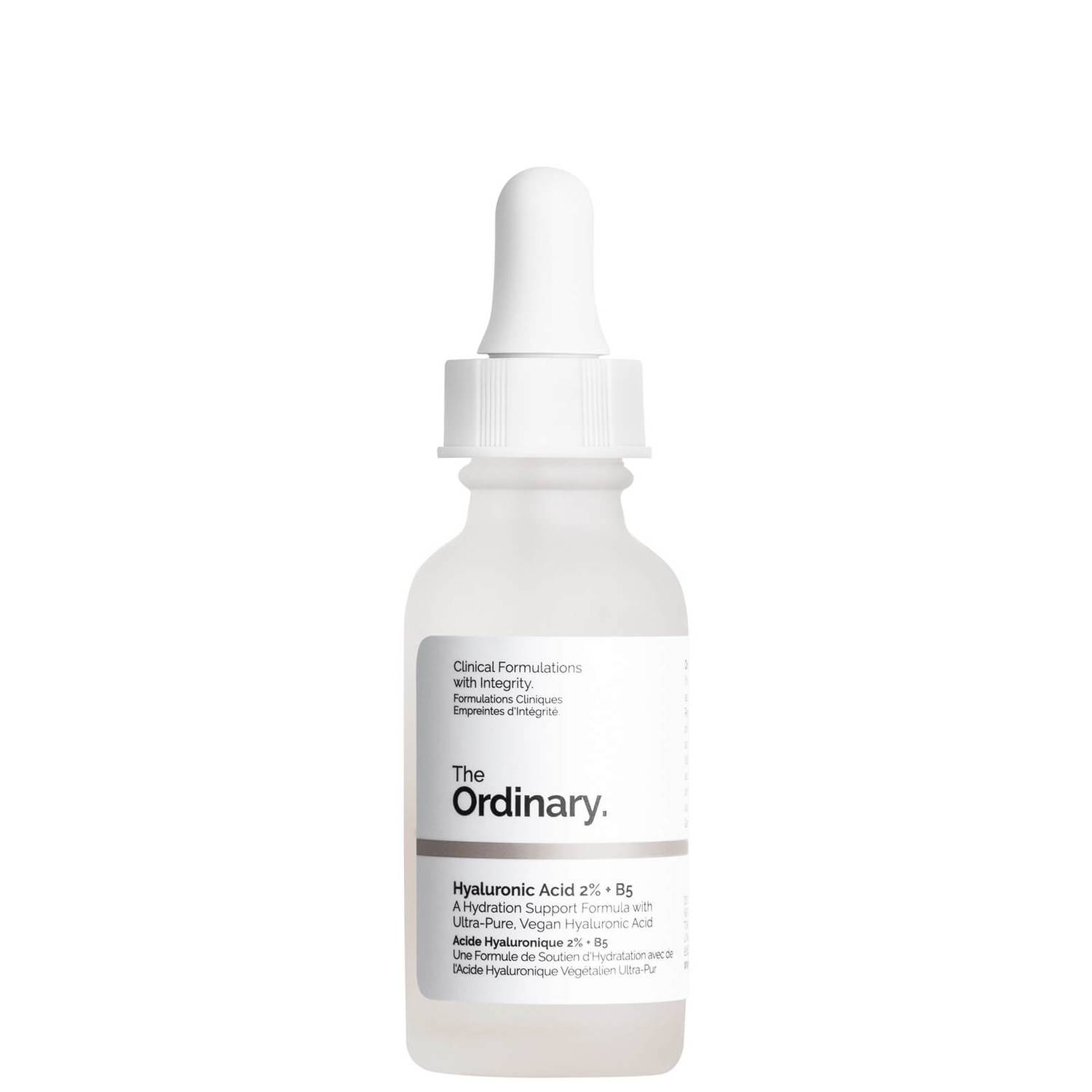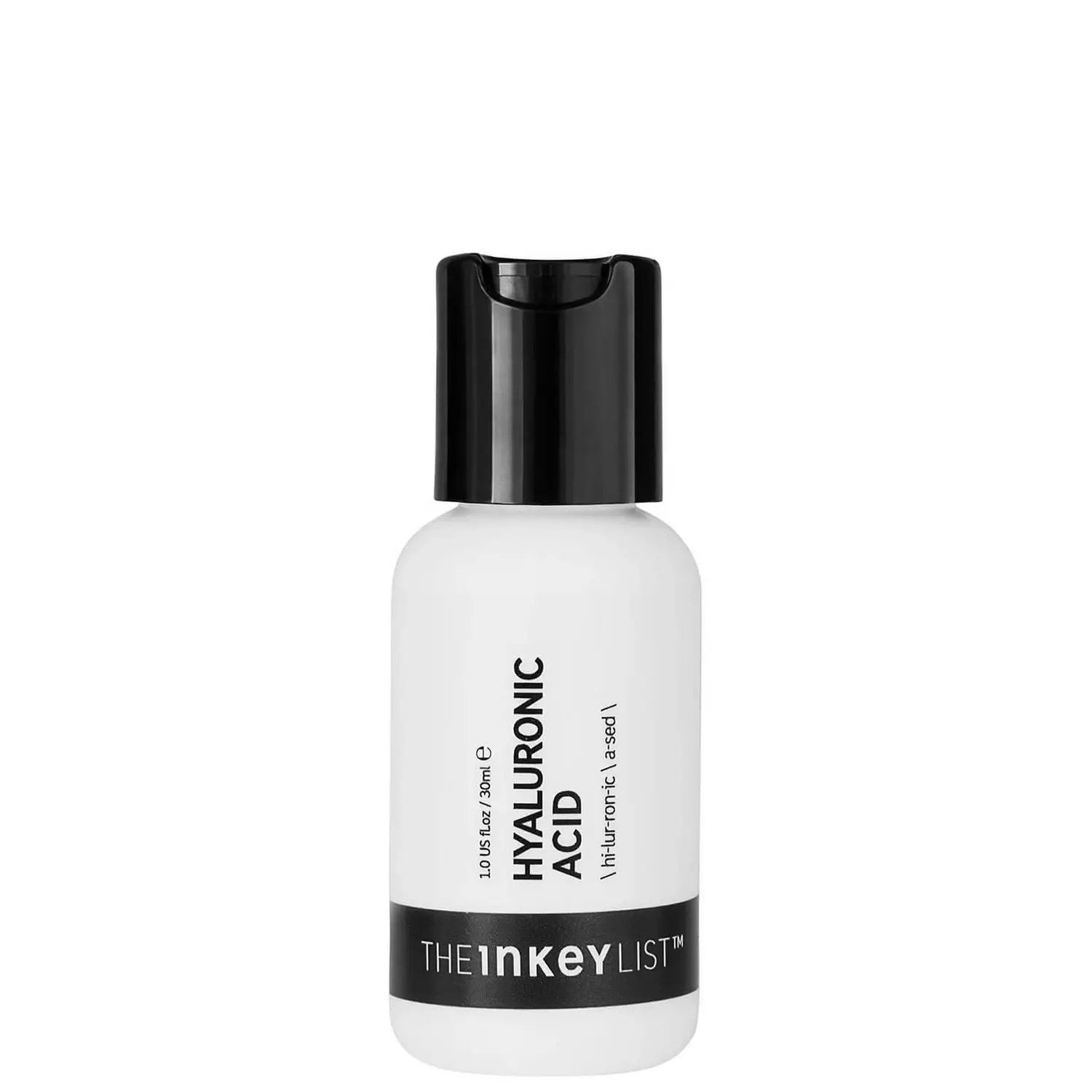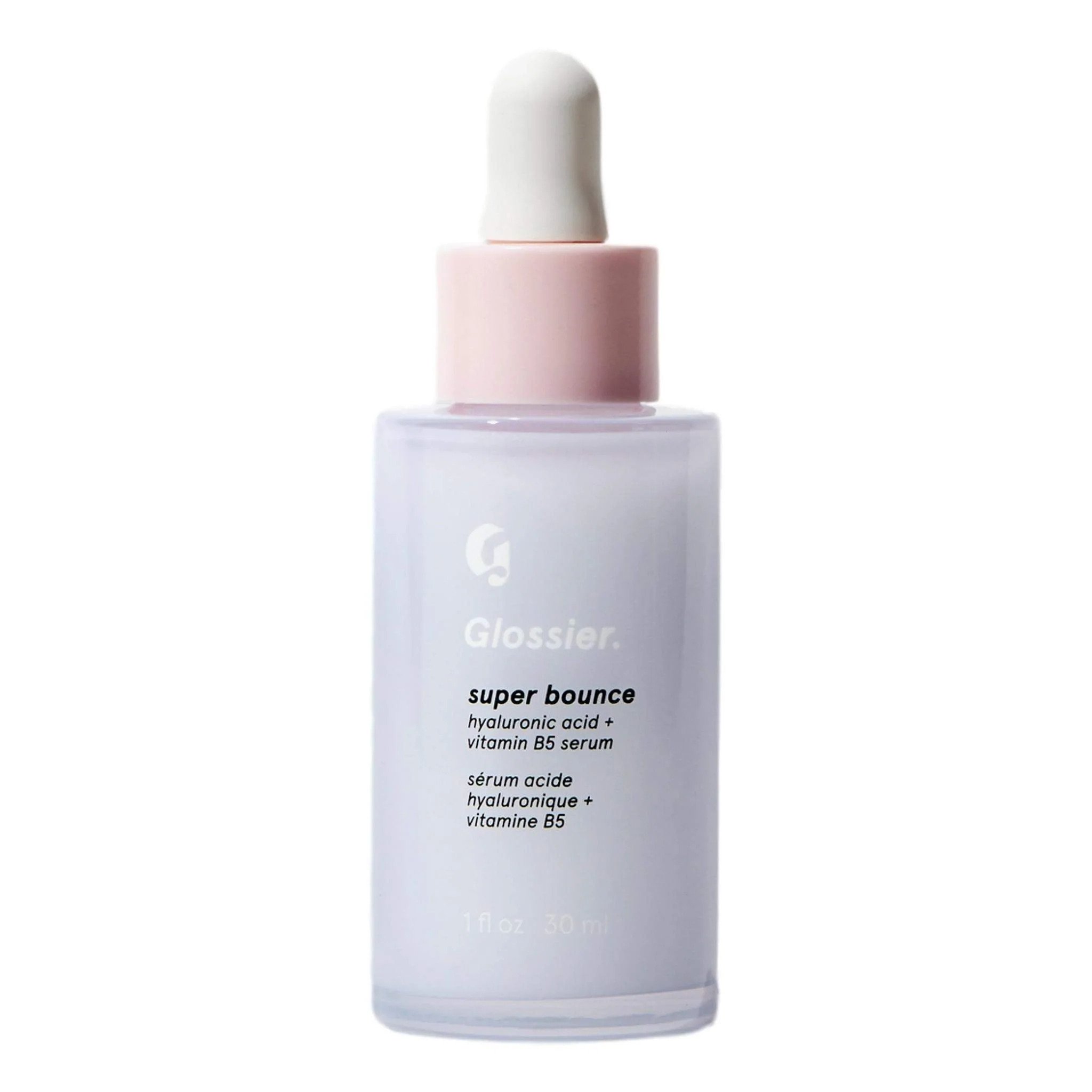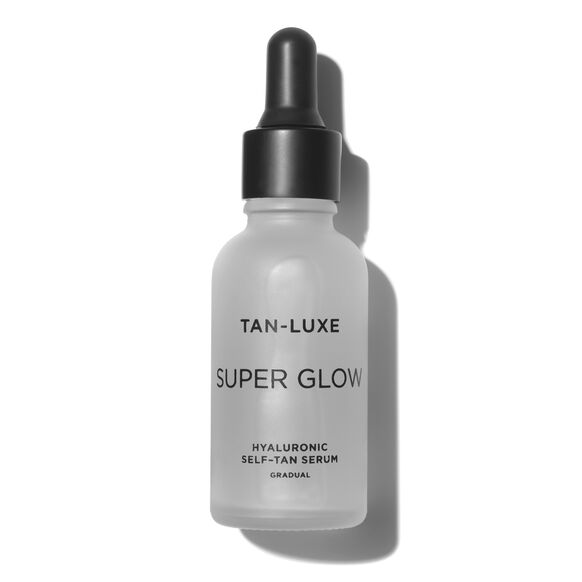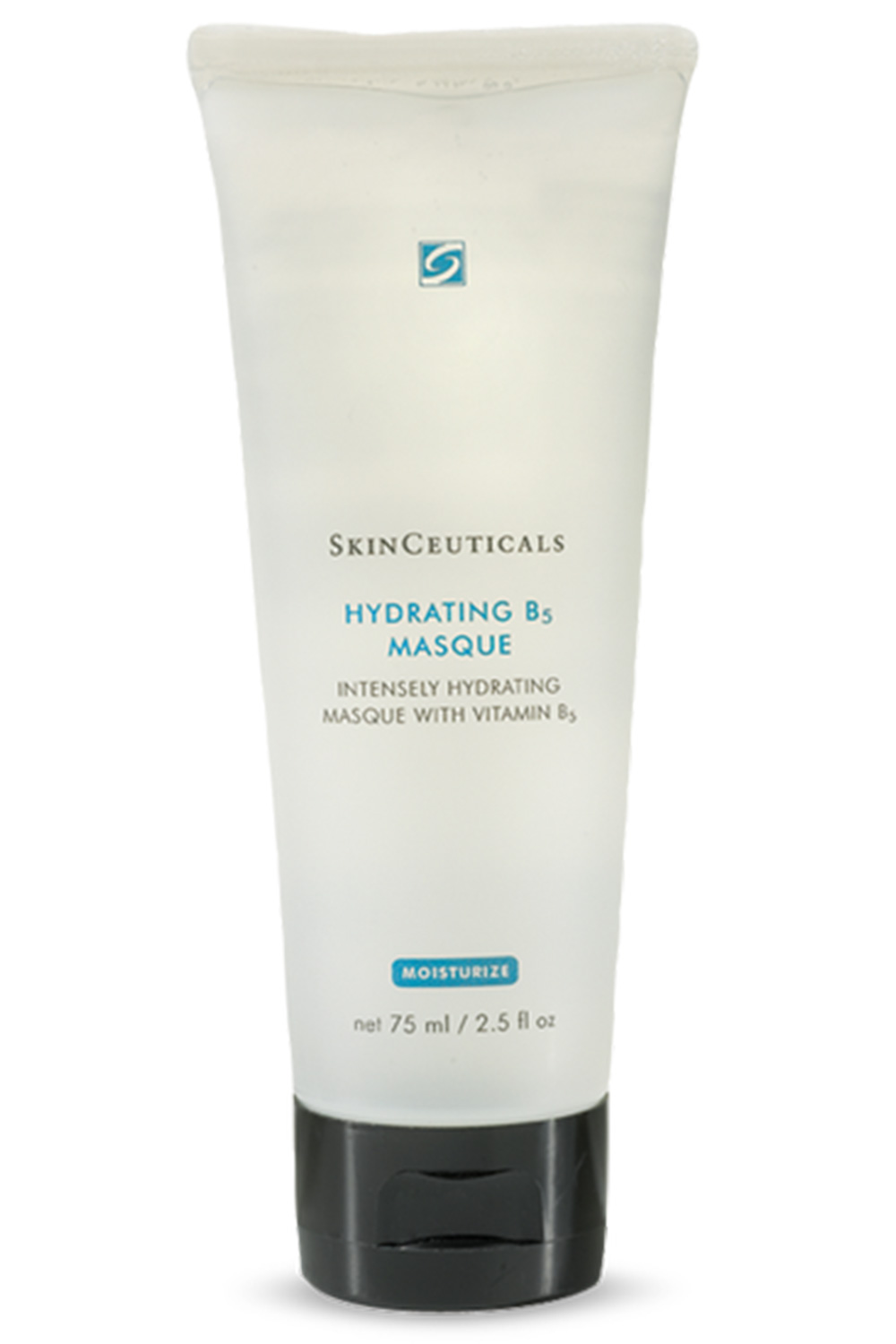Hyaluronic acid is the super hydrator your dull skin might be craving—here's what you should know
It's a go-to for glowing skin

Katie Thomas
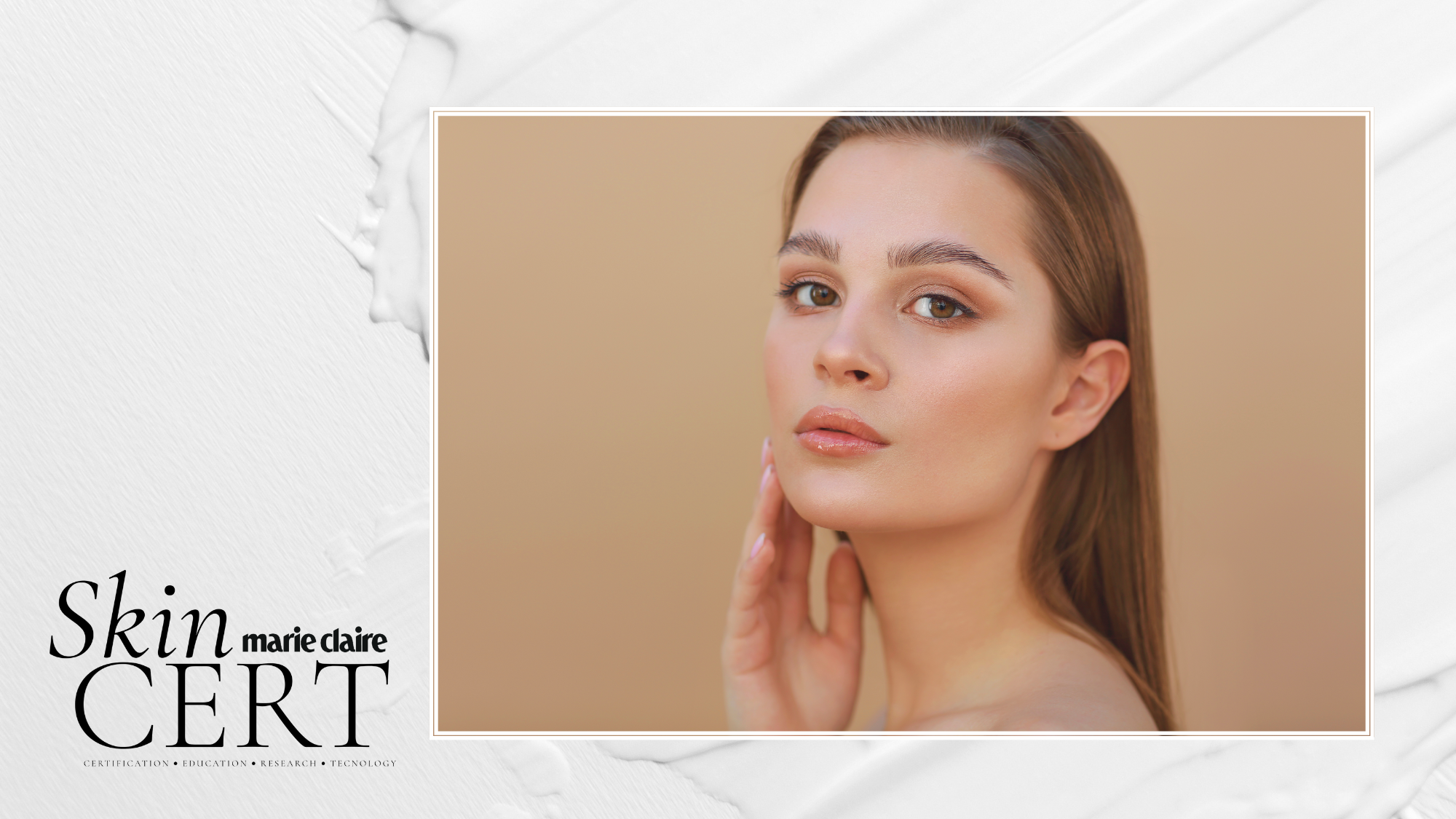
Celebrity news, beauty, fashion advice, and fascinating features, delivered straight to your inbox!
You are now subscribed
Your newsletter sign-up was successful
Hyaluronic acid (also known as ‘HA’) is one of those ingredients that you see plastered all over product packaging and hear dermatologists wax lyrical about. And for very good reason. Perfect for people with dehydrated or dry skin, there’s pretty much nothing else out there that can help boost moisture levels quite like hyaluronic acid.
And don't be put off by the word ‘acid’—hyaluronic acid isn't like other acids for skin. While other skincare acids typically have exfoliating properties, hyaluronic acid does nothing of the sort.
What is hyaluronic acid?
Hyaluronic acid is a natural component of your body’s connective tissue that maintains the skin’s strength and elasticity. Around 50% of it is found in our skin.
Everyone sings its praises because “it is a water magnet, holding 1,000 times its weight in water and draws hydration into the skin,” says skin doctor and cosmetic formulator at SkincarebyDrV, Dr Vanita Rattan.
“It’s a naturally occurring group of sugar molecules, or glycosaminoglycan, found in the connective tissues of the body, such as in the eyes and joints,” adds aesthetics nurse and independent prescriber, Nina Prisk at Update Aesthetics. “It’s a vital component of our skin and the jelly-like substance works to cushion and lubricate our joints and aids repair after injuries have occurred. It’s known for its ability to attract and retain moisture. However, over time the body’s natural stores of hyaluronic acid decline.”
As we age, the natural hyaluronic acid levels in our skin decrease—which is why hyaluronic acid is used in skin care products. “It’s known as a humectant, which means that it’s something that helps the skin to hold on to water,” says Prisk. “It helps to hydrate the outer layers of the skin, and in doing so improve its appearance and texture.”
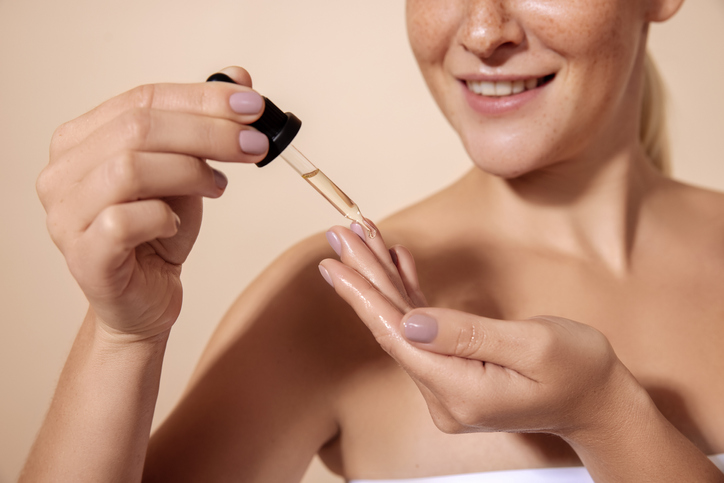
Mostly found in the beauty products for mature skin and the best moisturisers for dry skin, it’s also a common ingredient in the best night creams. And quickly becoming a preventative treatment and skin staple for younger people looking to stave off the effects of ageing for as long as possible.
Celebrity news, beauty, fashion advice, and fascinating features, delivered straight to your inbox!
Continuous use of HA ensures you retain moisture and elasticity in your skin, which will help if you’re worried about fine lines or dull skin. “It helps reduce the visibility of fine lines and wrinkles while retaining moisture in the skin, creating a plumping effect. It keeps skin in peak health, allowing it to defend itself from environmental aggressors better,” says Dr Rattan. Hyaluronic acid can also be injected directly, in what's known as dermal fillers, into the skin to help fill and plump. (N.B., this is very different to botox.)
When should you use hyaluronic acid within a skincare routine?
If your skin is dehydrated, hyaluronic acid may be a good addition to your skincare routine. “I would usually advise using a moisturiser or serum containing hyaluronic acid twice a day after cleansing and exfoliating,” says Prisk. “In the morning it will help to add moisture throughout the day, and in the evening to replenish the moisture that has been lost during the day.”
Dr Rattan agrees: “Ideally, you want a moisturiser which contains hyaluronic acid in it. Its time consuming and more expensive to do hyaluronic acid as a separate step.”
But, if you want a quick boost of hydration, make sure to use it *before* you apply your normal moisturiser. Why? Hyaluronic acid needs to sit underneath something wet because it acts like a sponge and therefore needs something to cling on to.
“If you’re going to use hyaluronic acid serum separately, ensure you are using a fatty moisturiser on top, otherwise your skin can feel incredibly dry,” explains Dr Rattan. “After applying hyaluronic acid serum to the skin, you’ve now got ‘water magnets’ in the skin to keep it plump. However, if you’re not applying a water-based emulsion (the fatty moisturiser) on top of the hyaluronic acid serum, then water may be drawn from deeper into the skin instead, to the surface. This is not what you want, as it will leave your skin feeling tight and dry. So, it’s essential that you always top up with a fatty moisturiser.”
So, your morning routine might look like this: cleanse, HA serum, moisturiser then SPF. And, yes hyaluronic acid can be used every day – “or indeed twice a day,” says Prisk.
The best hyaluronic acid serums to add to your skincare routine
One of the best face serums you should use, hyaluronic acid serums are hero products because of their higher concentration of HA. Each one tends to be a clear, sticky liquid that absorbs super fast and creates a beautiful base for makeup. Because they are so lightweight as well, all skin types will benefit from introducing one into their routines and you can use one in conjunction with another targeted serum.
“I would say everybody needs a humectant in their skincare routine, especially in the winter,” says Dr Rattan. “This is because harsh winds, low humidity, dry indoor heat, and the cold can strip the skin of moisture. Hyaluronic acid is also great if you have dry, dull, or ageing skin as it can bring back the youthful, refreshed glow to your skin.”
Read on for our round-up of the best products containing the miracle ingredient...
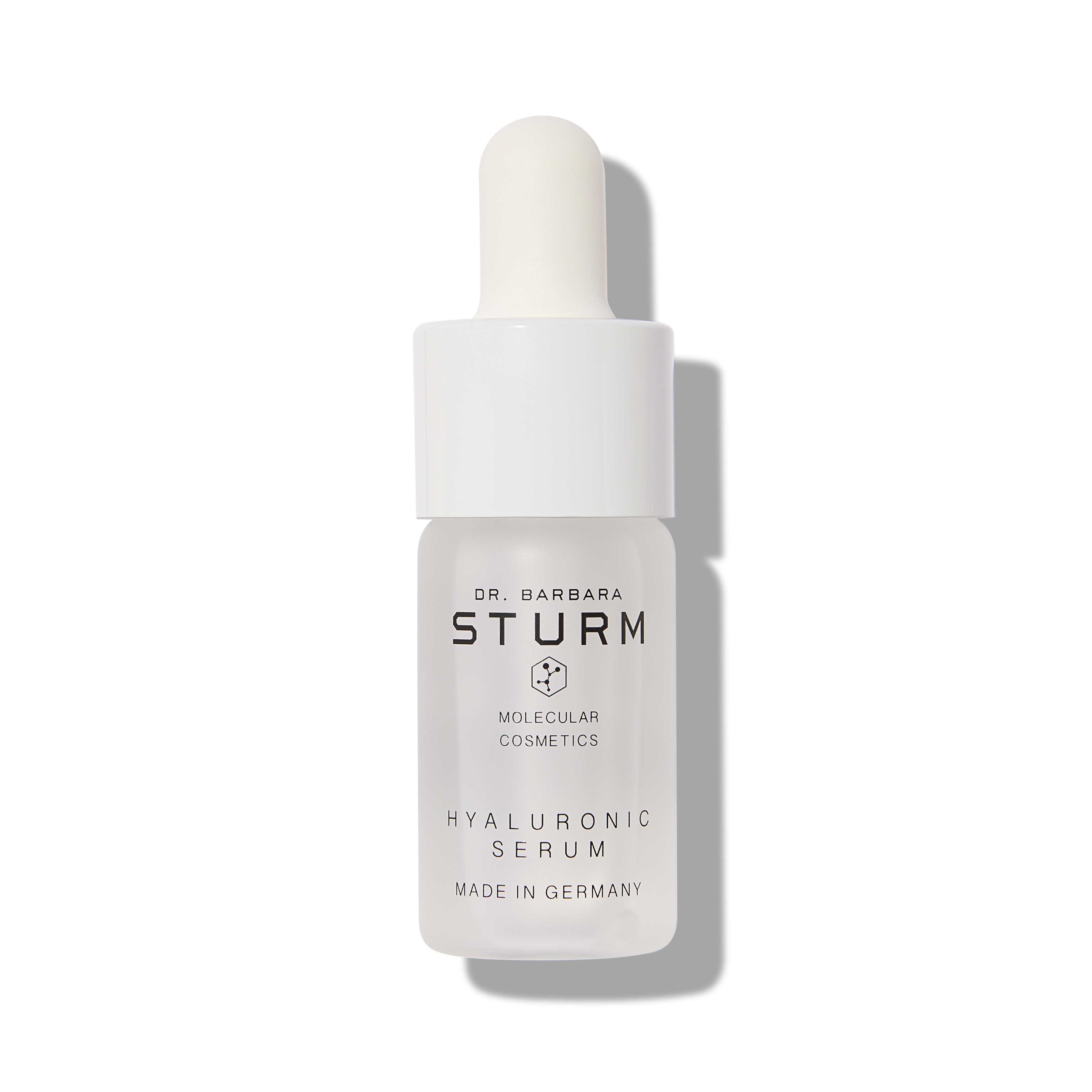
This award-winning serum boasts multi-molecular weights of hyaluronic acid to hydrate the deeper layers of skin as well as providing an instant glow boost. It also contains purslane extract, a powerful anti-inflammatory and antioxidant to help combat the damage caused by environmental aggressors and everyday stress.
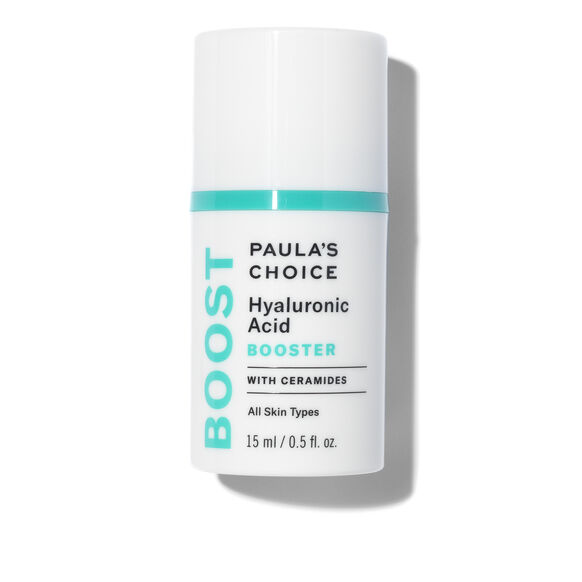
Paula’s Choice Hyaluronic Acid Booster combines hyaluronic acid, ceramides and panthenol in a smooth gel formula which absorbs quickly and helps lock in moisture. Apply two or three drops directly to the face daily or mix with a moisturiser for enhanced hydration.
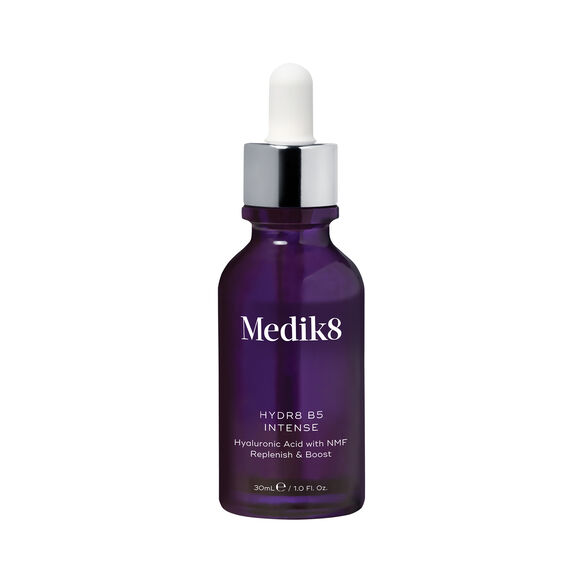
This is Medik8’s original hyaluronic acid serum – but supercharged with a potent triple-action hydration booster. Lightweight and fast-absorbing, it gives your skin the power to withstand dehydrating changes in temperature and humidity all year round. The ultimate antidote for dry skin.
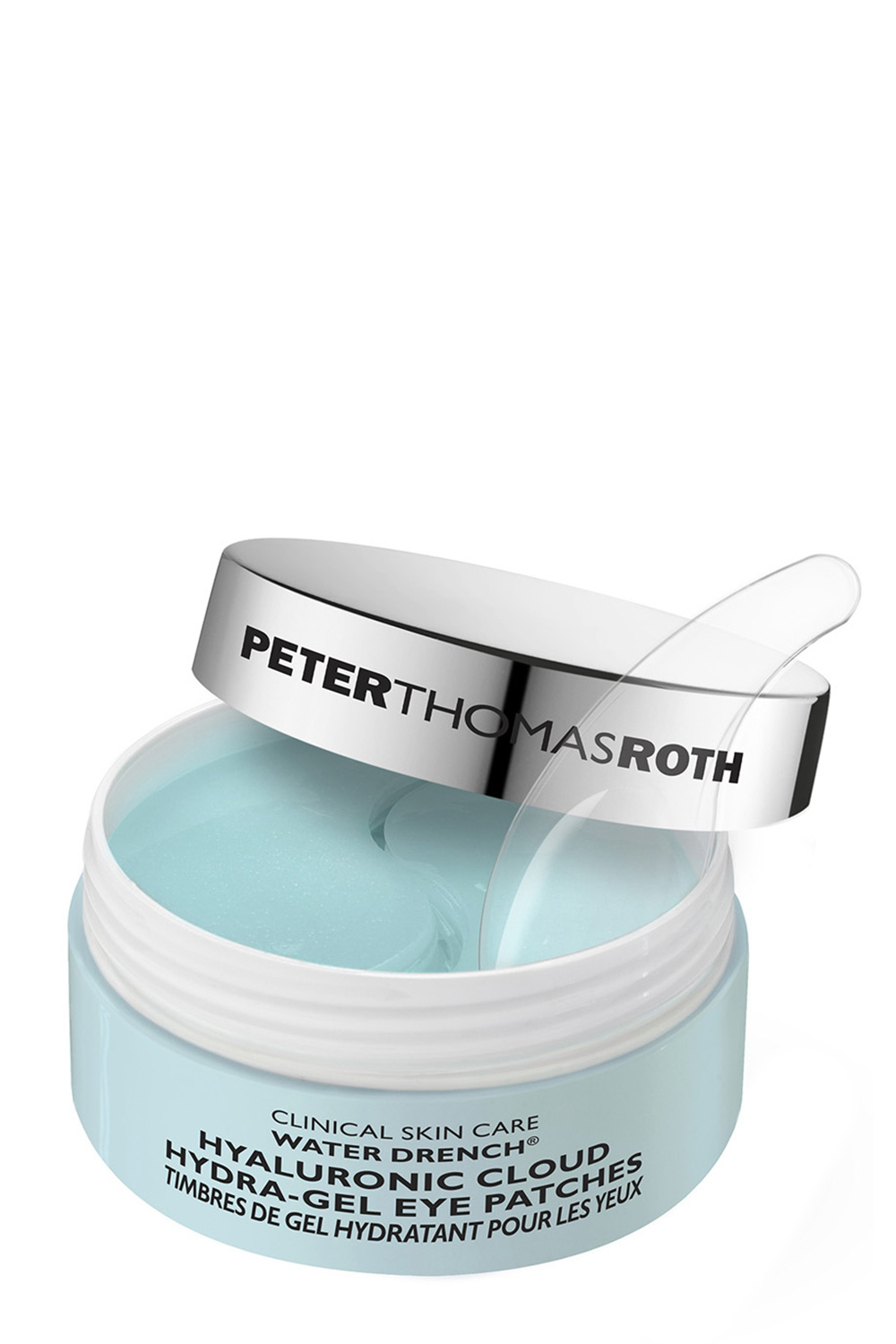
These are brilliant at plumping out fine lines around the eyes, as well as soothing sore and dry eyes when you’re tired. There’s also caffeine to de-puff and arnica to brighten dark circles. Keep this pot in your fridge for an extra boost of cooling sensation.
- Katie ThomasSenior Beauty Editor
